According to the authors, the key is requisite variety, which “sets the minimum number of behaviors, or ‘variety’, a system must have to survive and prosper in a given environment. As the number of distinct situations a system encounters increases, the variety of its behavioral repertoire must also increase in order to achieve desired outcomes.” In other words, SOF must have a variety of tactics in their back pocket in order to match the variety (complexity) of socio-political, psychological, economic, and military challenges they will encounter.
For example, SOF currently makes the mistake of trying to graft American military doctrine onto our partner forces around the world. Teaching infantry tactics straight out of a U.S. Army field manual is lazy and ineffective without a nuanced cultural understanding of indigenous forces. If one learns the local cultural traits, then more effective tactics can be integrated into the partner force using their own existing systems, rather than trying to reinvent the wheel.
The authors provide three suggestions to help SOF create their requisite variety on the battlefields of tomorrow.
Distinctive capabilities
One way to increase variety is by countering with the distinctive capabilities SOF brings to the table, primarily Special Forces in this case. Language training and cultural awareness are put at the forefront. Further problems arise, however, when you take into account how long it takes to train soldiers to speak foreign languages and how many soldiers the force is able to retain. Many in the 5th Special Forces Group, assigned the Middle East as their area of operations, are taught Arabic, however the unit has a dismal retention rate, with the vast majority of soldiers separating from the military after their first enlistment.
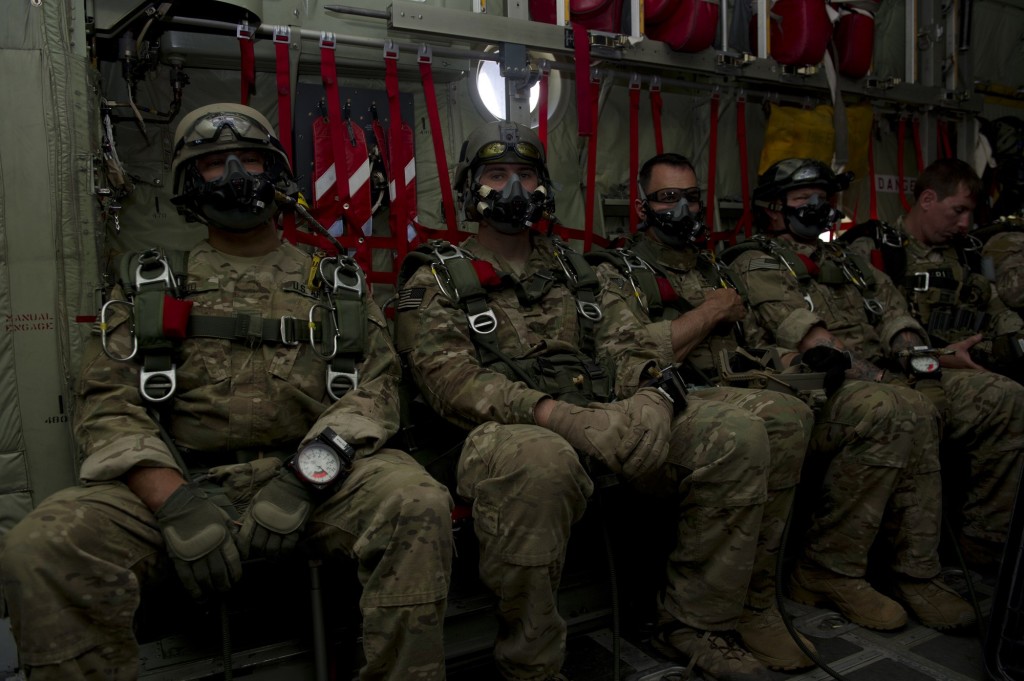
Second, cultural awareness is not at the forefront of Special Forces capabilities today. The modern generation of Green Berets came up during the War on Terror, during which the force was obsessed with direct-action missions. Direct action is something that favors American cultural traits, but is not a one-size-fits-all solution to every international security concern. Yet Special Forces soldiers today favor direct action over unconventional warfare. Mix in the Knights Templar and crusader ideology with some of the troops, and winning hearts and minds gets interpreted as two shots in the heart and one in the mind.
As the authors state themselves, “Care must be taken to ensure social tissue is not damaged by unintentional friendly fire, collateral damage or intentional ‘rogue operators’.”
Persistent presence
Persistent presence of SOF allows for nuanced relationships to unfold over time, and for cultural attunement to be developed at both the individual and institutional levels. SOF embeddedness engenders an understanding of normal conditions and a sensitivity to changes in those conditions and whether they pose a threat. Moreover, presence is necessary for applying rapid and effective action to achieve desired effects with minimal disruption. Just as SOF must recognize ‘self’ in multiple contexts, local cultures must not react to SOF as a foreign entity, i.e. mutual trust must be present, developed through shared history.
This is a great description of 4th-generation warfare, in which counterinsurgencies are won by Special Forces teams ingratiating themselves into the population and living off of the local economy over long periods of time. In this type of counterinsurgency, the adversary is defeated through interconnectedness with the opposition. He becomes more like us, but we also become more like him, neutralizing the threat in a transformational process.
Linda Robinson realizes that this is rarely how SOF is employed, writing, “Far too often, special operations forces have been employed in tactical and episodic ways.” Special Forces ODAs are often deployed to one area of operations for six months, never to return, defeating the intention of building long-term relationships. Robinson continues: “There is a serious danger that special operations forces will be employed in a permanent global game of whack-a-mole and in other tactical and episodic ways, rather than as part of deliberate campaigns that can achieve lasting outcomes.”
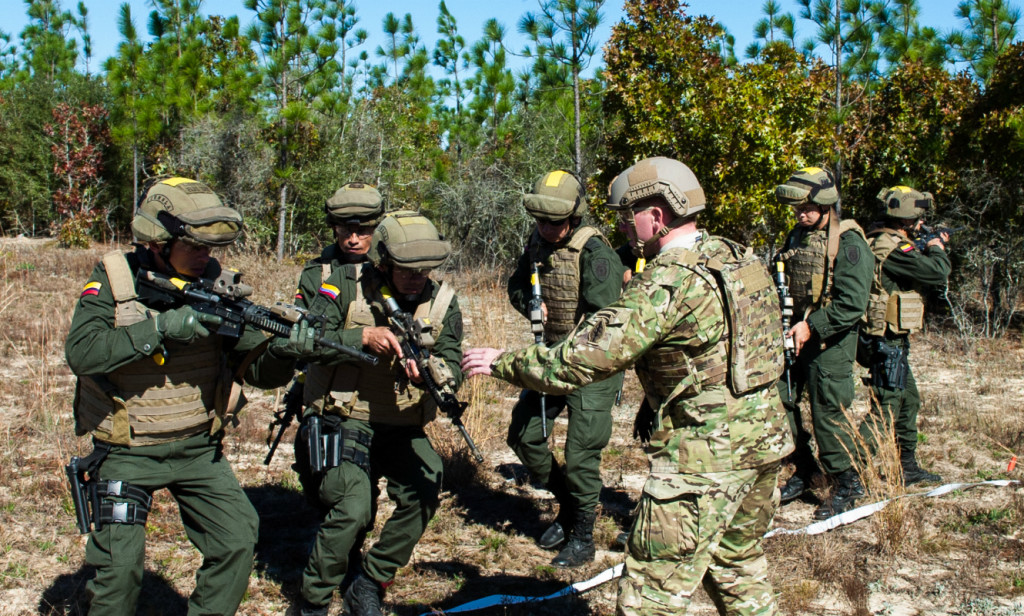
But this should come as no surprise, as America’s entire foreign policy is episodic in nature. We turn to Henry Kissinger who states, “No country has played such a decisive role in shaping contemporary world order as the United States, nor professed such ambivalence about participation in it” (World Order, 234). “America’s favorable geography and vast resources facilitated a perception that foreign policy was an optional activity. Secure between two oceans, the United States was in a position to treat foreign policy as a series of episodic challenges rather than a permanent enterprise,” Kissinger writes of the early years of American diplomacy.
America’s immune system cannot function as a series of episodes; the treatment has to be applied consistently, the series of vaccinations completed to the end. Today, some minor efforts have been made on this front by deploying Special Forces teams to the same location multiple times, and giving local partner forces a cell phone on which they can call the team members while they are back home until they arrive back in country again. However, much work remains to be done in order to build truly long-term relationships.
Local autonomy and decision-making
Special Forces were designed from the very beginning to be deployed in a decentralized manner, the ODA operating with little instruction from higher headquarters aside from a commander’s intent and an idea of what the end state is supposed to be. Today, Special Forces remains task-organized for unconventional warfare, but commanders attempt to run Special Forces companies, battalions, and groups as if they are conventional forces working under a centralized hierarchy. To understand why this does not work, it’s worth quoting Norman and Bar-Yam at length:
When the decision-making agent is both far removed from and insensitive to the the local context, as well as receiving multiple information streams about which decisions must be made, the sensitivity, nuance, and understanding of local SOF is lost. Consequently, the ability to stem malignant forces while they remain small in scale is diminished, and the likelihood of disrupting a social system either accidentally or out of necessity as the scale of harmful actors grows larger increases.
To enable SOF to act without disrupting social tissue, the institutions overseeing SOF must not over-constrain their behavior. As policy- and decision-makers look increasingly to SOF to overcome complex challenges, it is critical that they do not become overly-bureaucratized.
Unfortunately, this is unlikely to ever happen except in very small, compartmentalized JSOC units like Delta Force, SEAL Team Six, and the Intelligence Support Activity, and these units are too small and too specialized to carry the brunt of America’s future conflicts alone.
The United States military is still structured around a post-World War II legacy system in which there is a rigid hierarchy. Colonels command majors who command captains. The military incentivizes this system as officers need command time in order to be promoted. But what happens in SOF when a battalion commander is in charge of dozens of small, decentralized teams who don’t need him and largely ignore his guidance? A battalion commander in the conventional Army can say that he commands a thousand soldiers. A battalion commander in Special Forces would only be able to say that he has a few dozen staffers making PowerPoint presentations that actual ODAs completely blow off in order to address the terrain in front of them in the manner in which they see fit.
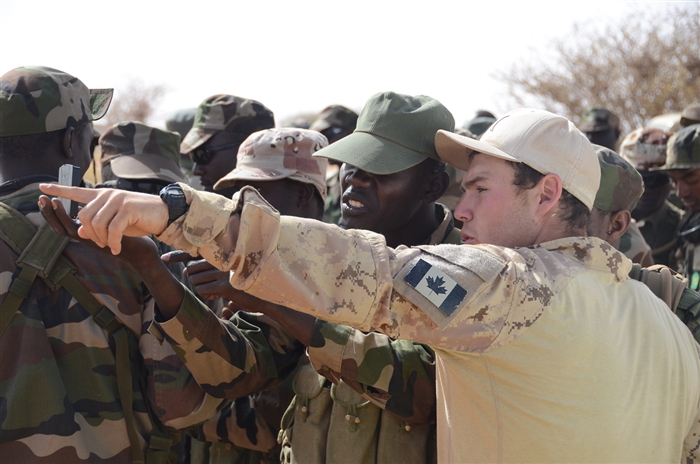
An immune system that must adapt to survive
This is a case of institutional path dependency from which the military is unlikely to awaken anytime soon. Norman and Bar-Yam discuss how SOF is like an immune system, but they ignore the fact that the organism under attack by a world undergoing a period of rapid change is not al-Qaeda, but rather the U.S. military itself. The military does function like an organism, one that seeks to protect itself from threats. In this case, the threats are not biological, but rather institutional. This organism is set in its ways and does not like change. Air Force commanders will push for fighter jets and Navy officers will push for aircraft carriers, not because we need them, but because this is the career-driven momentum senior officers and the Pentagon are swept up in.
At this point, special operations forces no longer need reform, they need a paradigm shift. The Pentagon’s so-called offset strategy is an admission of how far behind the power curve America is when it comes to facing emerging threats. Unfortunately, requisite variety will probably never exist within special operations. The reasons for this are path dependency, being tied into a military structure that has its basis in industrial-age hierarchical systems as well as post-World War II technologies, and because the bureaucracy of the military is antithetical to decentralized operations. The authors correctly state, “Placing too many constraints on their [SOF] behavior will reduce their variety below the (requisite) threshold for sensing and acting on fine-grained disruptors.”
Those constraints are unlikely to go away due to the aforementioned reasons. Officers have trouble letting go, they want to be in charge of something, and the risks of “rogue operators” sabotaging their career is a risk that they will mitigate through micro-management. The truth is that 50 years from now, with all of our technological, and hopefully institutional, advances, American soldiers will likely still do a pretty shitty job at policing other nations. This isn’t because Americans are incompetent, but because our national style does not favor unconventional warfare. We like shock and awe, not protracted low-intensity conflicts battled with propaganda and rapport-building. Eastern Asian nations like China and Vietnam have cultures that do lend themselves to unconventional warfare, however.
The authors of “Special Operations Forces: A Global Immune System” deserve a lot of credit for correctly identifying a problem within SOF and wisely proposing a number of positive solutions. But from a pragmatic and practical standpoint, we still have a lot of work to do if we want to reform the system. The alternative is to wait for the next global war to catch American off guard, which will then force the system, the bureaucratic organism, to adapt if it wants to survive.

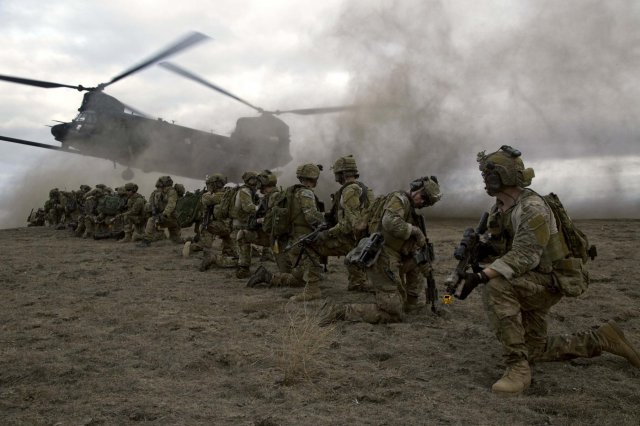

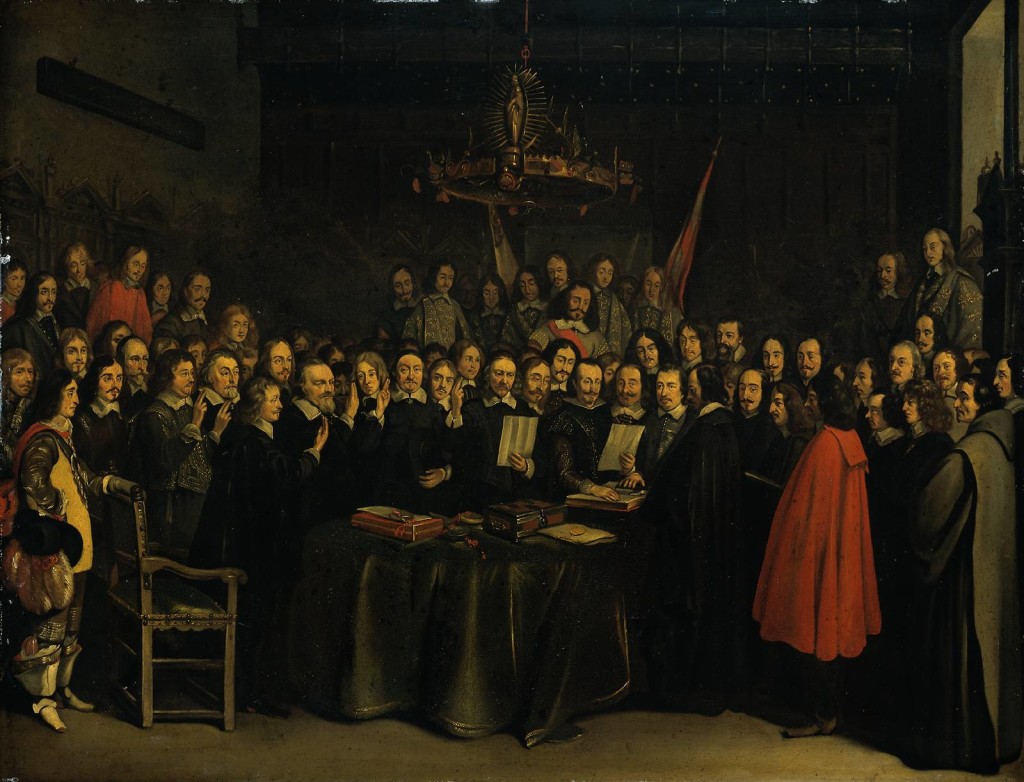
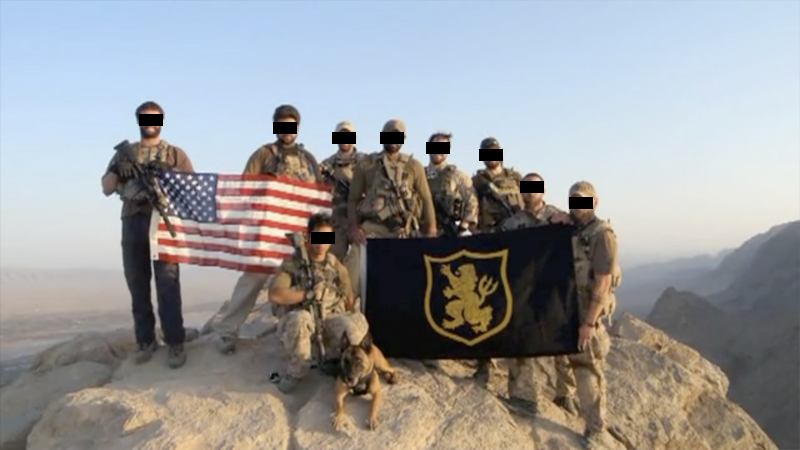








COMMENTS